Yes, PTFE (Polytetrafluoroethylene) is an excellent electrical insulator. Its unique molecular structure and high dielectric strength make it highly effective at preventing the flow of electrical current. Below are some key reasons why PTFE is considered a great insulator.
High Dielectric Strength
PTFE has a high dielectric strength, which means it can resist electrical breakdown under high voltage. This property makes PTFE an ideal material for insulating electrical components and wiring, ensuring safe operation in electrical systems. Its ability to maintain its insulating properties even at high voltages is crucial for applications in industries such as telecommunications, electronics, and power generation.
Low Electrical Conductivity
PTFE exhibits extremely low electrical conductivity, meaning it does not allow the passage of electrical current through it. This makes it one of the most effective insulating materials available, ideal for applications where preventing electrical leakage is critical, such as in cables, connectors, and circuit boards.
Heat Resistance and Stability
In addition to being a great electrical insulator, PTFE also has remarkable heat resistance. It can withstand a wide range of temperatures, typically from -200°C to 260°C (-328°F to 500°F), without losing its insulating properties. This heat stability further enhances PTFE’s suitability for high-performance electrical insulation, even in extreme conditions.
Chemical Resistance
PTFE’s resistance to a wide range of chemicals adds to its insulating capabilities. It can maintain its insulating properties in environments where other materials might degrade due to exposure to harsh chemicals, making it ideal for industries such as chemical processing and electronics.
In summary, PTFE is an outstanding electrical insulator due to its high dielectric strength, low conductivity, heat resistance, and chemical stability, making it indispensable in various electrical and industrial applications.
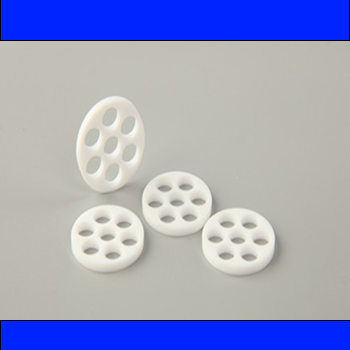
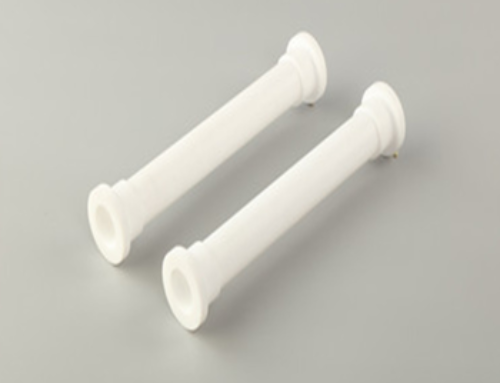
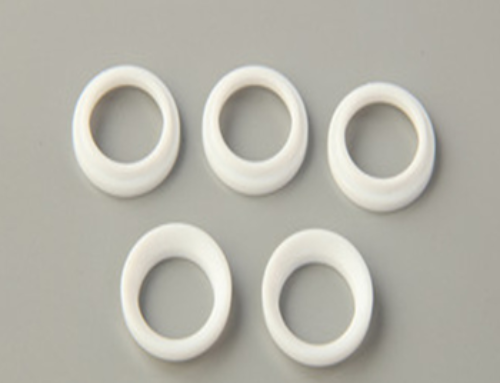

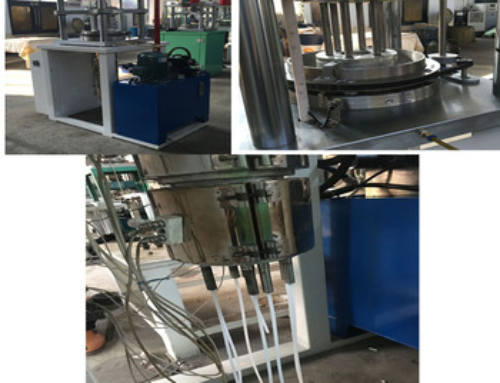
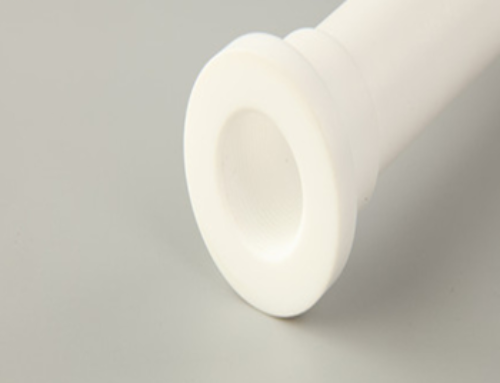

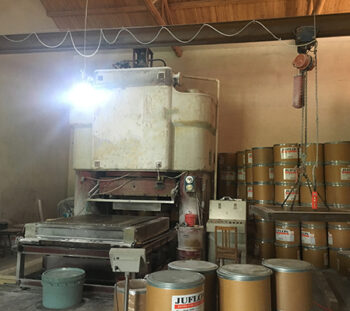
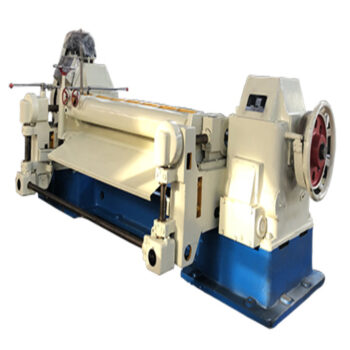
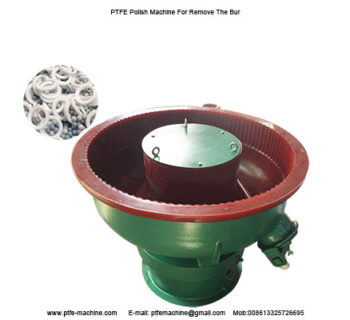
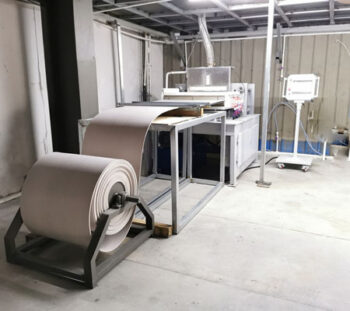
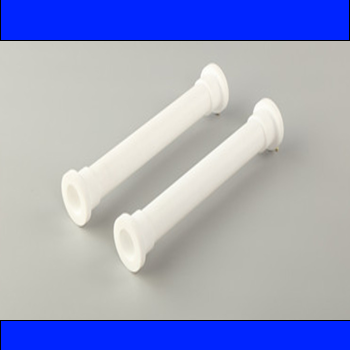

Leave A Comment
You must be logged in to post a comment.